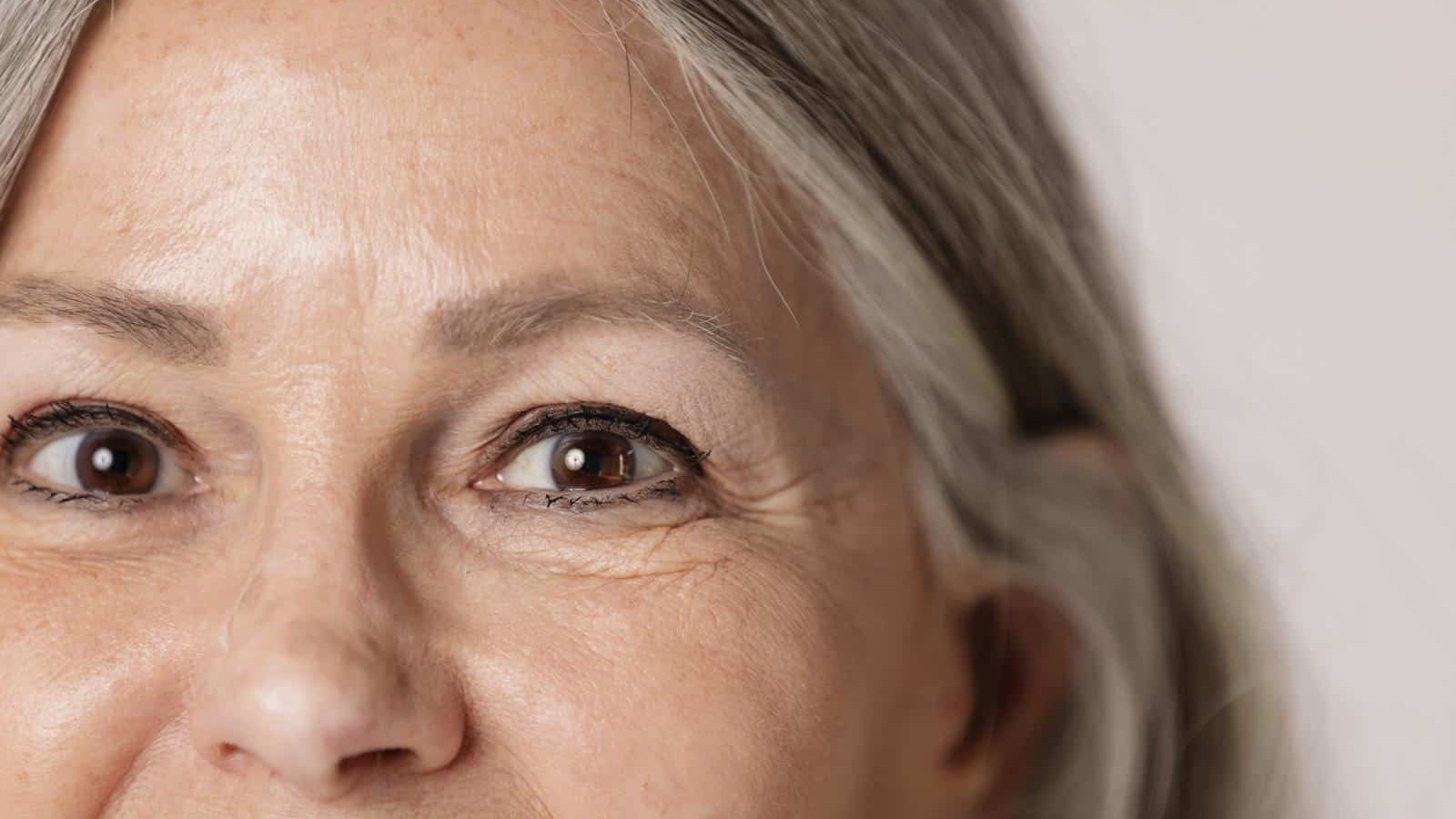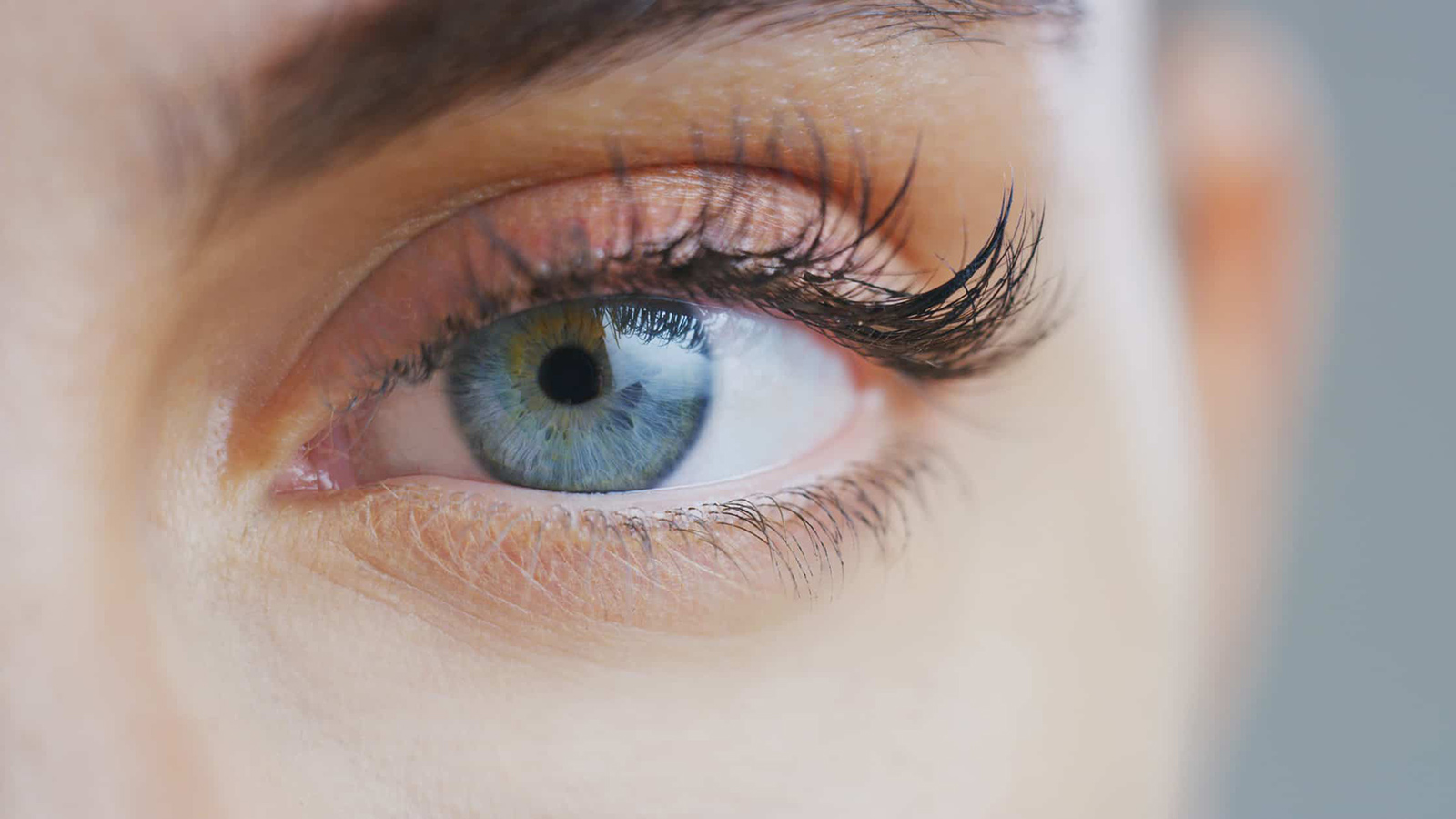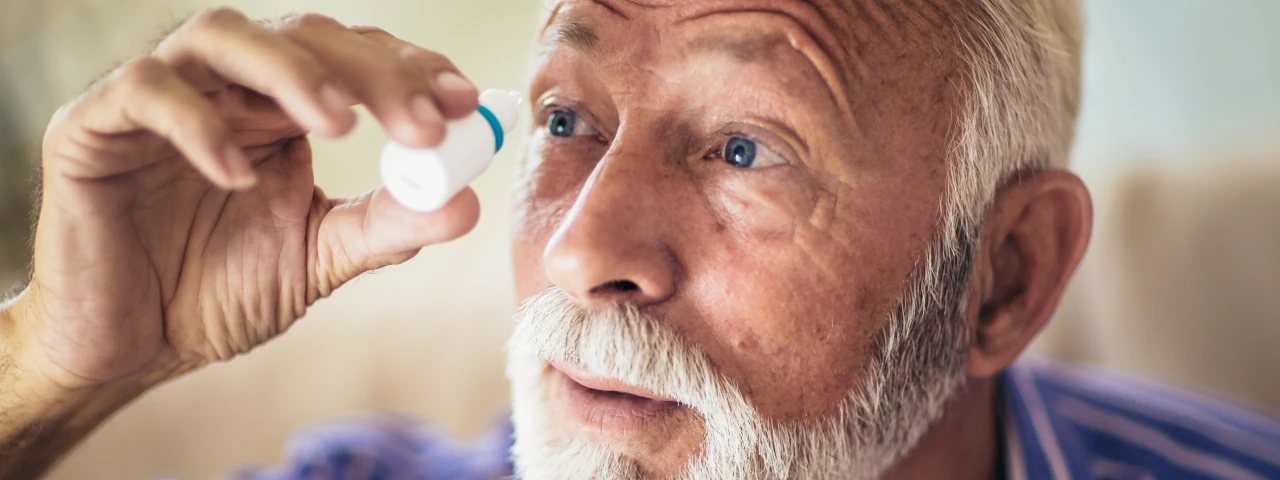Understanding Cataract Surgery Recovery: Healing Timeline and Recovery Tips
Millions undergo cataract surgery every year, making it the most frequently performed operation in the U.S.
This eye surgery corrects the natural effects of aging, restoring clear eyesight that should last the rest of your life. However, results are not instant. You must give your eyes time to heal before you can expect to see clearly again during the cataract surgery recovery process.
When Will Vision Clear Up After Cataract Surgery?
The blurry or hazy vision immediately after the procedure is a common concern. However, this is normal and may last for a day or two during the cataract surgery healing process. As your eyes heal, your eyesight should continue to improve. The recovery time for cataract surgery may take anywhere from a few days to a few weeks, depending on these factors:
Age: In general, a 60-year-old will heal faster than an 85-year-old.
Density of your cataract: A mild, newly formed cataract is easier to remove than a thick, dense cataract that has progressively worsened over many years.
Overall health: Someone in good health is likely to recover faster than someone with diabetes, heart disease, or other chronic conditions.
Surgical technique: Modern advancements in cataract surgery allow ophthalmologists to use lasers instead of scalpels to replace the clouded lens in your eye. FDA-cleared bladeless laser cataract surgery involves no sutures, no blood, no pain, and possibly no eye drops. The entire procedure takes 10 minutes, and there’s no need to stay overnight in the hospital. More precise incisions lead to faster cataract surgery recovery times and better long-term results.
These factors can influence how quickly your vision clears. But even with the latest surgical techniques, your eyes need time to heal properly. Avoid rushing the process to ensure the best possible outcome for your cataract surgery recovery.
How Long Does It Take to Recover from Cataract Surgery?
Most patients begin seeing improvements within 24-48 hours, but cataract surgery recovery time can vary. For some, it takes a few days to feel fully recovered. For others, healing from cataract surgery may take several weeks.
The key to ideal recovery from cataract surgery is to follow your surgeon’s aftercare instructions closely and allow your eyes the time they need to adjust.
At Snead Eye Group, our team takes the time to guide you through every step of the cataract procedure recovery process. This way, you’ll always know what to expect from cataract surgery and how to support your healing.
How to Speed Up the Cataract Surgery Recovery Process
While laser cataract surgery is faster and less invasive than traditional surgery, you should still take time off to relax and recover at home. The post-cataract recovery process is just as important, if not more so, than the operation itself because proper care helps lead to the best outcomes. Here are six cataract recovery tips to help you plan ahead for a relaxed and successful recovery.
- Plan your ride home ahead of time: You’ll be sedated and your vision will be limited following the procedure. That makes it necessary for you to have a friend or relative drive you home. We recommend that you avoid driving for 24 hours.
- Relax and Sleep: You’ll likely feel tired after the procedure, but this is completely normal. Sleep plays a vital role in your body’s healing process, so there is no need to fight this urge.
- Apply prescribed eye drops as directed: To prevent infection, use your medicated eye drops exactly as prescribed and avoid rubbing your eye, especially during the first week of cataract surgery recovery.
- Don’t bend or lift heavy objects: As your eye is healing, the incision made in your cornea is left to reattach itself. To avoid complications, we advise all patients to avoid bending down and lifting heavy objects for one week. These actions create pressure behind your eyes and could cause the incision to reopen.
- Avoid pools and other irritants: Your eyes will be more susceptible to infection during the cataract surgery recovery process. It’s important to avoid getting water in your eyes, and you should avoid other irritants, such as dust, pollen, and dirt.
- Listen to your doctor: Attend your follow-up appointment with your eye doctor to ensure your cataract surgery healing process is going as expected. If complications arise, it’s easier to address them earlier.
On the first day after surgery, it’s normal to experience some sensitivity to light or mild discomfort, but this usually improves within a day or two. You should also avoid wearing eye makeup for at least one week after the procedure.
Setting Expectations for Cataract Surgery Recovery and Vision Results
Once your eyes have fully healed, your vision should be better than it was before your cataracts developed. After all, a new intraocular lens (IOL) doesn’t just eliminate cloudy vision; it also corrects the refractive errors in your eye. While both standard and premium lenses offer excellent results, premium IOLs can provide additional benefits, such as reduced dependence on glasses.
Your ophthalmologist will help you choose the right type of IOL based on your eye health, lifestyle, and long-term vision goals. But no matter which lens you choose, cataract surgery recovery plays a key role in your outcome.
The cataract surgery healing process is gradual. Even if you see improvements within the first few days, your vision may continue to adjust for several weeks. This is completely normal and part of the typical recovery from cataract surgery.
Be patient with your healing progress, follow all post-operative instructions, and follow up with your eye doctor to ensure the best possible results.





